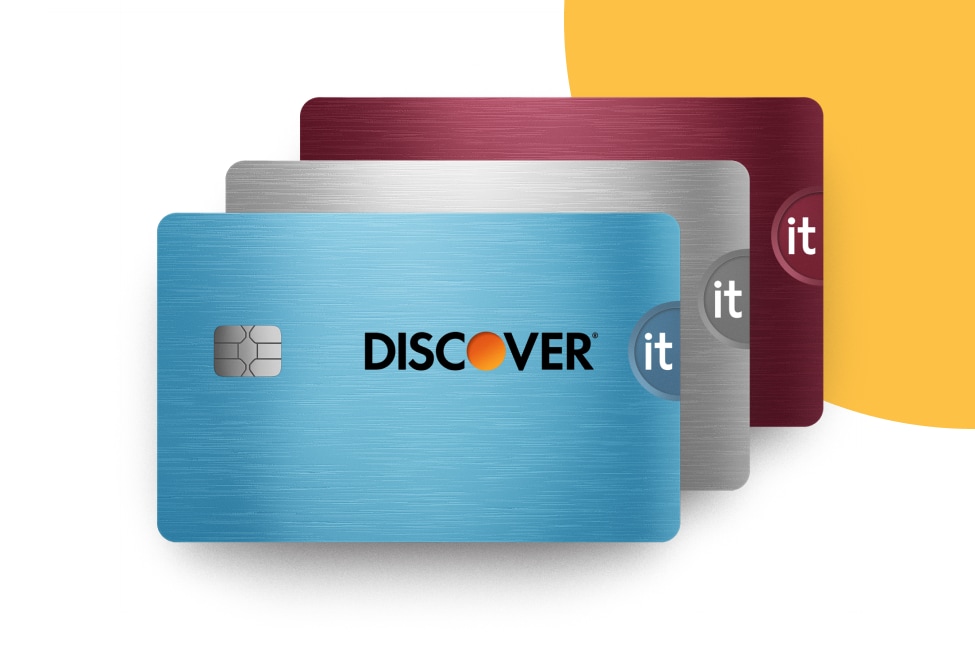
There’s no overall best cash back credit card—the best cash back card is the one that’s right for you. It’s a good idea to compare cash back credit cards, including the rewards and features that best align with how you plan to use your card.
Credit card rewards
How to Choose the Best Cash Back Credit Card for You contents
Next steps
See rates, rewards and other info
You may also be interested in
Was this article helpful?
Was this article helpful?
